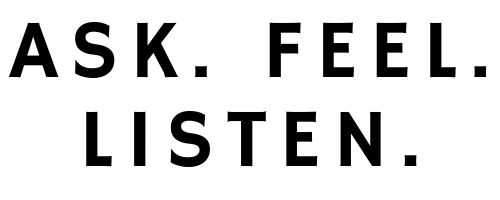6 minutes read
Familiarity is the most dangerous prison.
Not the toxic job that crushes your spirit. Not even the abusive relationship where the lines have been crossed too many times to count. With those, clarity eventually comes because pain leaves no room for denial. At some point you know you must leave or you will be destroyed.
But familiarity is different. It whispers, This isn’t so bad. You could have it worse. Be grateful for what you’ve got; it’s better than nothing!
It keeps you in marriages long after love has gone and values no longer align. It keeps you clocking into jobs that hollow you out and in careers that no longer fulfil any promises. And it also keeps you living in cities that once fed you but now drain you of any pulse and meaning.
Familiarity is the frog in the pot.
Drop it in boiling water and it jumps out. Set it in warm water and turn up the heat slowly, and it stays until it dies.
It’s dangerous not because it shouts at you to stay, but because it convinces you there is no real reason to leave.
What you are used to disguises itself as safety. It tells you that what you know, even if it slowly hollows you out, is better than the unknown.
The human mind is wired to prefer the status quo, even when it costs you your vitality. The status quo bias keeps you clinging to what you already know because change feels risky, even when staying is riskier still.
Think about how many times you tolerate a situation not because it nourishes you, but because you know how to handle it.
The job where you can predict exactly how a pointless staff meeting will unfold before it begins. The partner whose moods you navigate like a trained soldier going across dangerous territory. The city where the streets are familiar but your pulse quickens every time you step outside.
You stay not because it is right, but because leaving would mean facing the chaos of uncertainty and "at least" here you know how to survive.
Many of us convince ourselves that familiarity is proof of loyalty, or that endurance is a mark of strength. But underneath, I understand now that it is simply fear wearing a mask. Be it the fear of regret, of failure, or of losing what has already been invested.
This is another trap psychologists call the sunk cost fallacy. You cling to what no longer works because of what you’ve already poured into it. It often sounds like this:
"All those hours, months, years. All that love, money, effort, all those sacrifices. I can’t let it all go to waste!"
Walking away feels like betrayal, even when staying means betraying yourself.
The danger is that familiarity whispers so softly you hardly notice the cost. It doesn’t shout or bruise. It persuades you to lower your expectations a little more each year. Until one day you look around and realise the existence you’re defending is far from the life you once imagined, or the one you actually worked for.
This is the subtle treachery of familiarity. It doesn’t kill quickly. It kills slowly, by convincing you that survival is the same as living.
That’s what makes familiarity lethal. It numbs you just enough that you don’t notice how far you’re drifting from yourself.
I know this drift too well. I live inside it for years. I told myself stories about loyalty to my work and the cause I had given it, about responsibility to my kids and for how long I should sacrifice myself in their names, and about how others have it much worse so I should simply bare the grunt.
But beneath it all is another story: truth be told, I was afraid to claim more than the life I had already built. And that besides a certain lack of awareness and a complete lack of intentionality (more on that later) I had fallen to a trap that admittedly contained so much fear.
And so here is one way the familiar becomes a cage.
In my case it was a cage I had decorated, defended, and even thanked for keeping me "safe". A cage I had designed myself, with the help of others for sure, but still of my own making.
The thing is, no matter how well you decorate a cage, it is still a cage.
Raphan

